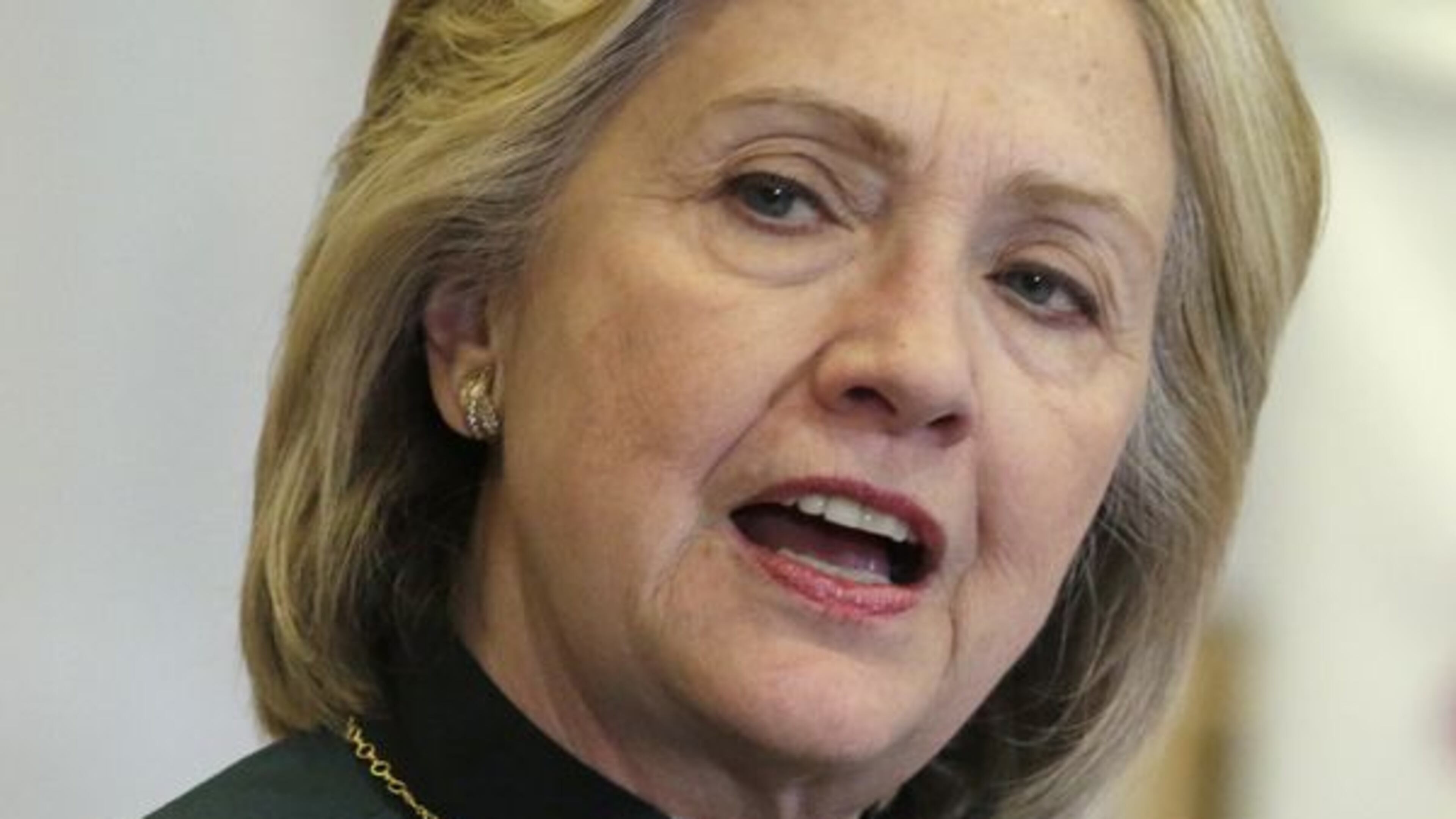Hillary's credibility problem, non-email server/Clinton Foundation edition

The curious thing about the unexpected rise of Bernie Sanders in Democratic primary polling -- to roughly the same level (17.5 percent) as Donald Trump has hit among Republicans (18.2 percent), albeit in a smaller field -- is that his message is almost entirely one of economics. Given the nostalgic way so many Americans remember the go-go years of Bill Clinton's presidency, and the stubborn (if mostly false ) insistence by Barack Obama and his loyalists that the economy has been just swell under the current presidency, Hillary Clinton is having a tougher time than we might have expected selling another dose of Clintonomics.
In fact, as Ramesh Ponnuru writes at Bloomberg View , it's hard to tell these days exactly what Clinton is selling. Unlike the two most recent Democrats elected president, she has to walk a finer line about the economy:
"Her solution has been to do all of these things at once. Terrible trends started around 1981 and the Democrats have made things better when they've been in charge and we have a good economy again and we need to change everything we've been doing for a long time. She sounded each of these notes in recent speeches at the New School and New York University." (links original here and below)
Obviously, all those things can't be simultaneously true. So, when in doubt, just run against Reaganomics, right?
"This explanation seems to dominate the Clinton campaign's economic thinking. It informs her latest proposal, which is to hike capital-gains taxes except for very long-term investments. It lies beneath her complaints about the weakness of labor unions, too.
"But the story doesn't really fit the facts. The booms of the 1980s and 1990s benefited most Americans, with compensation rising and most people saying they were satisfied with how things were going. The decline of unions was not mostly the result of Reaganite hostility: It's a trend that was already underway when John F. Kennedy was president, and seems to have had a lot to do with the inability of unionized companies to compete with non-unionized ones.
"Perhaps worse from a political perspective, that story also makes Bill Clinton appear to have been ineffectual in protecting American workers from conservatism -- or, worse, to have collaborated with it. Viewing the Reagan-Bush and Clinton policies today, there seems to be more continuity than difference. Trade grew freer, unions declined and inequality grew under all three of them (and beyond their presidencies). Bill Clinton even cut the capital-gains tax that Hillary Clinton now seeks to raise."
The tension between Bill Clinton's track record and Obama's economic rhetoric have been evident since the 2008 campaign. To name one example, candidate Obama famously said he'd raise capital-gains tax rates out of a sense of "fairness" even if doing so would reduce tax revenues, which rose after Bill cut rates in the late 1990s. Obama could pull that off because he built a coalition that was united behind him and against the George W. Bush years. Hillary's trick is to keep the Obama coalition together even while embracing her husband's track record -- the one Obama implied hadn't been good enough for those who made up his coalition.
Sanders, as an outright socialist, is at liberty to criticize Obamanomics as insufficient and Clintonomics as downright collaborative with the big-business right, going so far as to pan pro-immigration policies as a "right-wing proposal" straight from the Koch brothers themselves. (Never mind Obama's unilateral efforts to legalize illegal immigrants, much less allow in more immigrants legally.) And Sanders appears to be winning support from those Democrats who know Hillary can't and won't say the same things without losing some of her more moderate backers. This is the exact same dilemma Republicans face with Trump's rhetoric, even if Hillary's problem is less remarked upon.
Republicans have had six and a half years to practice distancing themselves from the Bush years, a reality that continues to hamstring an otherwise ultra-qualified candidate in Jeb Bush. Hillary has had to keep waiting for the Obama turnaround to arrive. She's still waiting, and her mixed-message campaign shows it.


